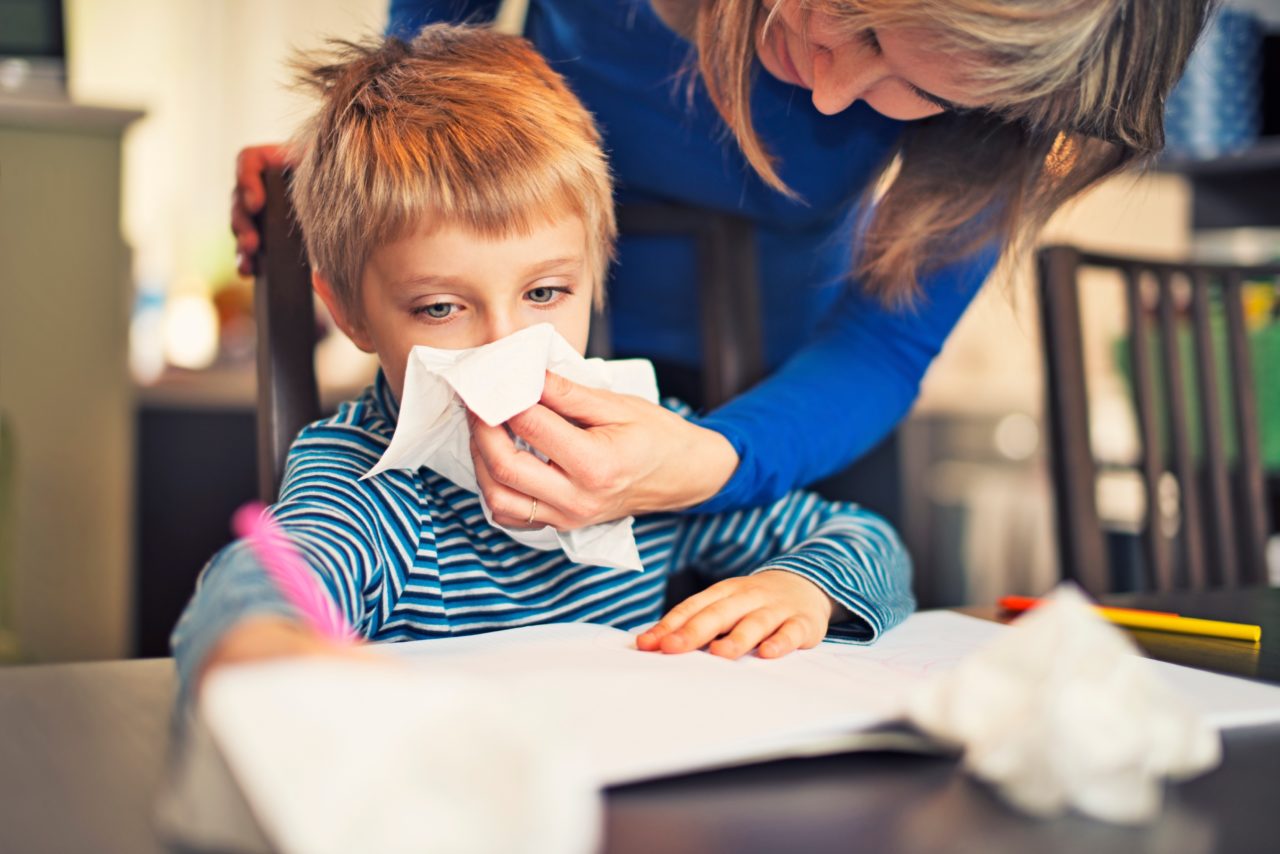Each year, the Asthma and Allergy Foundation of America designates May as National Asthma and Allergy Awareness Month, an ideal time to educate the public about triggers, prevention and treatment measures for asthma and allergic diseases. In recognition of this important observation, Franklin Pest Solutions reminds people that a few simple pest prevention measures can go a long way in combating allergies and asthma this spring.
Allergies and Asthma Caused by Bugs?
Common household pests, such as cockroaches and stinging insects, can pose a significant threat to asthma and allergy sufferers. Cockroach droppings, saliva, shed skins and other body parts contain allergen proteins known to cause allergy flare-ups and increase asthma symptoms, especially in children. In addition, stinging insects send more than 500,000 people to the emergency room each year due to serious reactions from the pest’s venom.
Many people blame their sneezing and runny noses during the spring season on pollen and grass, however, household pests are often culprits as well. It’s important for people to make an effort to keep the home free of potential triggers, and the first step is practicing good sanitation.
Prevent Allergies and Asthma Caused by Bugs
The National Pest Management Association (NPMA) recommends the following tips for safeguarding homes against common indoor allergens caused by pests:
- Exclude pests by sealing cracks and gaps on the outside of the home. Pay special attention to utility pipe entry points.
- Vacuum at least once a week using a vacuum with a HEPA (high-efficiency particulate) filter.
- Keep food sealed and stored properly, and clean kitchen floors and counters daily.
- Dispose of garbage regularly and store in sealed containers.
- If allergic to stinging insects, learn how to use an epinephrine kit and carry it with you at all times.
- Should you experience symptoms of an allergic reaction following a stinging insect encounter, such as tongue and throat swelling, wheezing, dizziness, or shortness of breath, call 911.
- If you suspect an infestation, contact a licensed pest professional to safely remove the threat.
We’re here to help! Request a free quote today!



